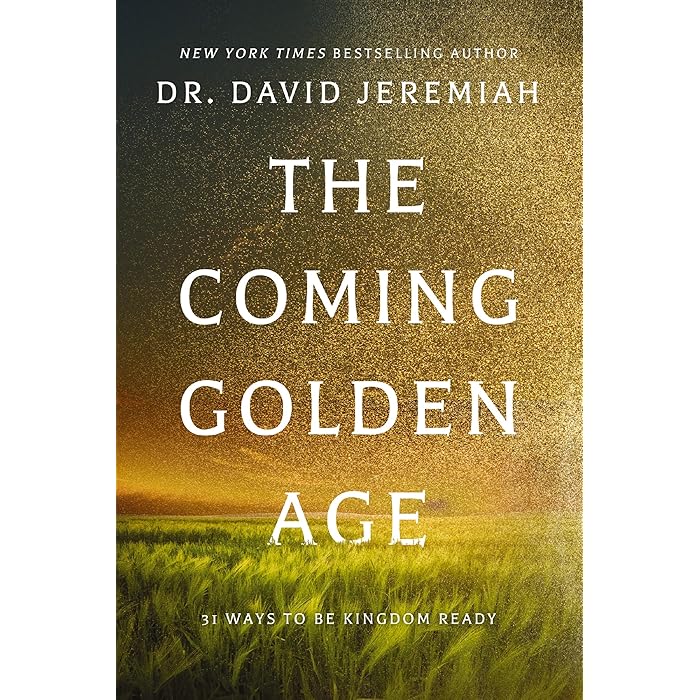Description
The concept of the “Coming Golden Age” often refers to an idealized future period of peace, prosperity, and enlightenment, where humanity overcomes its current struggles and achieves a more harmonious and advanced state of existence. It can be seen in various cultural, spiritual, and philosophical contexts. Here are a few interpretations:
### 1. **Theological and Religious Viewpoints:**
– **In Christianity**, the idea of a Golden Age often aligns with the belief in the Second Coming of Christ and the establishment of God’s Kingdom on Earth, a period of peace and divine rule.
– **In Hinduism**, the concept of the “Satya Yuga” represents a Golden Age, a time when truth and righteousness prevail. The idea is cyclical, where ages progress through cycles of increasing corruption, with the Golden Age being the most virtuous.
– **In other religions** (like Buddhism or Islam), similar expectations of a utopian future governed by divine or enlightened rule appear.
### 2. **Philosophical and Political Movements:**
– Many thinkers have envisioned a future Golden Age as a period of social and political harmony, where justice, equality, and freedom flourish. The idea may stem from utopian movements like those seen in the works of Plato (especially in *The Republic*), Thomas More (*Utopia*), or more modern figures like Karl Marx and his ideas about a classless, stateless society after the revolution.
– In the **Age of Enlightenment**, thinkers like Voltaire, Rousseau, and Kant hoped that human reason and scientific progress would lead to a better world, which could be interpreted as a Golden Age of intellectual and moral enlightenment.
### 3. **Cultural and Historical Interpretations:**
– **The Renaissance** (14th–17th centuries) was sometimes viewed as a return to a kind of Golden Age, with the flourishing of art, science, and philosophy. In this context, the term refers to a rebirth of classical ideas and achievements.
– Some people look back at certain periods in history, such as the post-World War II era, when there was significant economic growth, technological advancement, and relative peace in some regions, and refer to it as a “Golden Age.”
### 4. **Technological Optimism:**
– With rapid advancements in science and technology, some futurists argue that humanity is on the brink of entering a new Golden Age. This could be tied to ideas like:
– The **Singularity** (when artificial intelligence surpasses human intelligence).
– Advances in **space exploration**.
– The potential for **sustainable energy** and **climate solutions**.
– The reduction of poverty and inequality through technology (e.g., automation, universal basic income).
### 5. **Environmental and Spiritual Hope:**
– With increasing concern over climate change, some people envision a future where sustainable practices, ecological balance, and global cooperation lead to an environmentally healthy world—a new “Golden Age” of planetary well-being.
– On a more spiritual level, people often associate the coming of a Golden Age with greater global consciousness, a shift in values toward peace, compassion, and unity.
### 6. **The Role of the Individual:**
– For many, the concept of a Golden Age also emphasizes individual transformation. As people become more spiritually or morally enlightened, they contribute to the broader societal shift toward a better future. This is often linked to movements advocating for personal growth, mindfulness, and the pursuit of higher knowledge.





Reviews
There are no reviews yet.